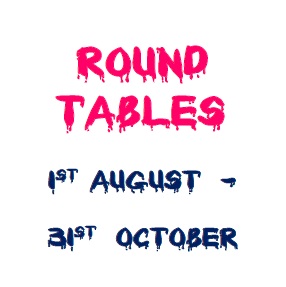The recent terrorist attacks in Belgium, France, Germany, Spain and UK, to mention just those happening in Europe, together with the rise in incidents of hate-speech, propaganda and violent xenophobia in Europe show an urgent need for contributions from all sectors in society, including the youth sector, to fight violent radicalisation. While violent radicalisation needs to be confronted and taught on a number of fronts, it is important, that the threats and dangers that it poses for young people are recognised, prevented and acted upon by early and effective intervention measures, respecting young people´s cultural diversity.
The process of identity development can be influenced by many factors, such as family background, peers, internet and social media, political environment and the position of groups of young family in society often confronted with discrimination, humiliation, exclusion, injustice, a lack of prospects, feelings of frustration, which could lead to violent radicalisation.
Parents, siblings, peers and other relevant actors are crucial in supporting a positive development of identity. This can include intercultural awareness and respects for others, active participation in society, but also aspects of spirituality, religion or belief, and involves strengthening the sense of belonging necessary to counterbalance the information and extremist ideas young people may exposed to. Young people should be encouraged to engage in self-reflection, develop empathy, learn critical thinking, how to live with challenges and uncertainties and how to deal with situations and emotions that cause them discomfort, thus becoming more resilient and maintain constructive relations across social groups.
Young people must have awareness and understanding of democracy, equality, respect for human dignity, human rights, pluralism and diversity, and be skilled in media and information literacy. This contributes to critical thinking, an awareness of and knowledge about how information can be based and exploited by violent extremist groups in order to spread propaganda.
Youth work is an accessible and outreaching service, method and tool aiming for the positive identity development of all young people, providing a non-formal and informal environment for the development of values, skills, competences, talents and open attitudes, which also enables them to recognise and manage the risks they are likely to encounter, including violent radicalisation. Youth work uses a broad and holistic approach, involves young people actively and works together with individuals and groups of young people to find solutions to their questions and problems. In this way youth work offers a save environment to grow, build an identity, feel a sense of belonging and be explored to positive peer influences and could prevent negative peer pressure leading to violent radicalization.
Article by Johanna Grießer
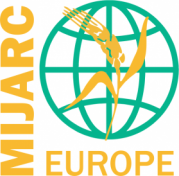
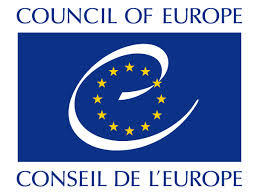
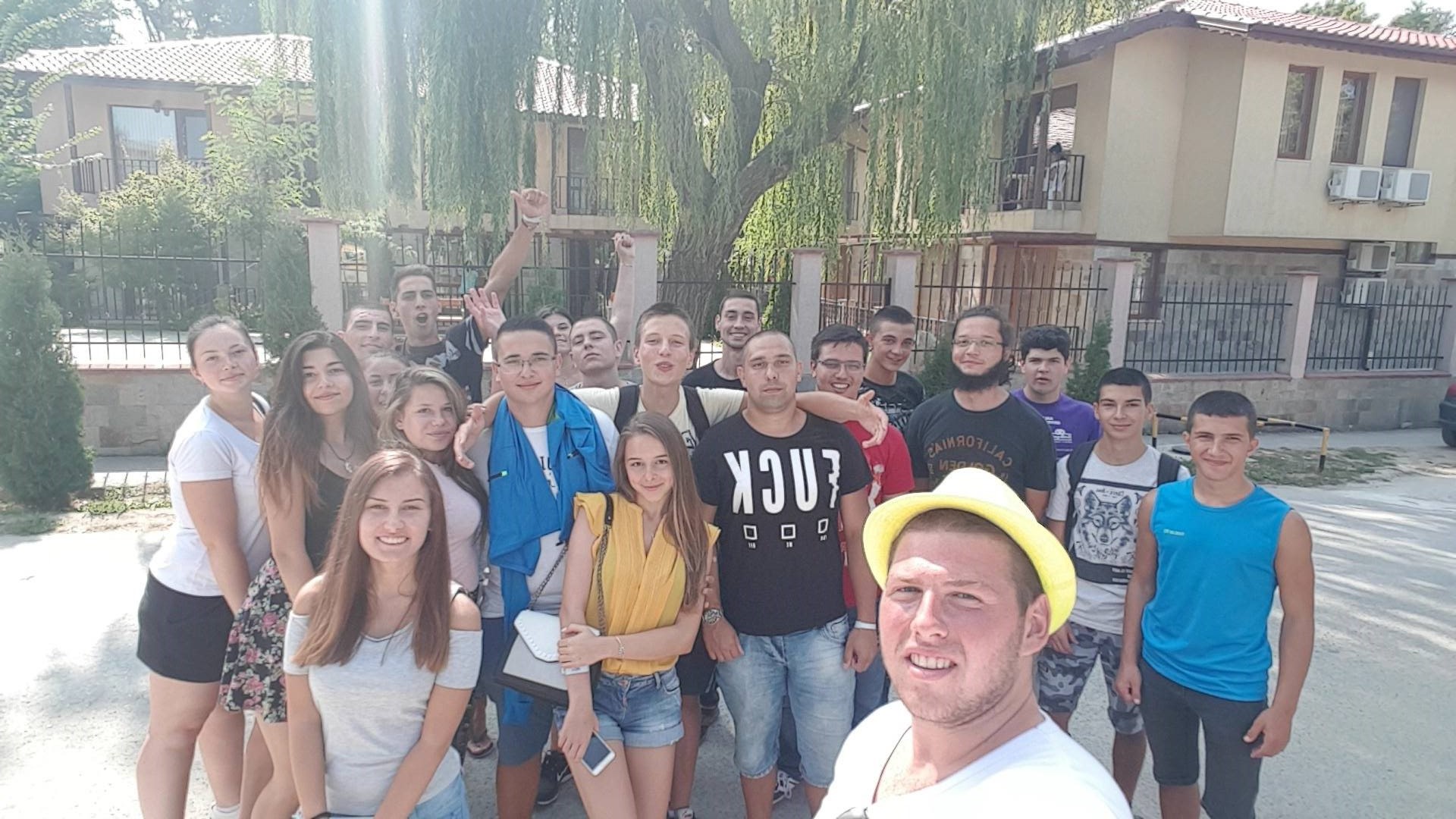
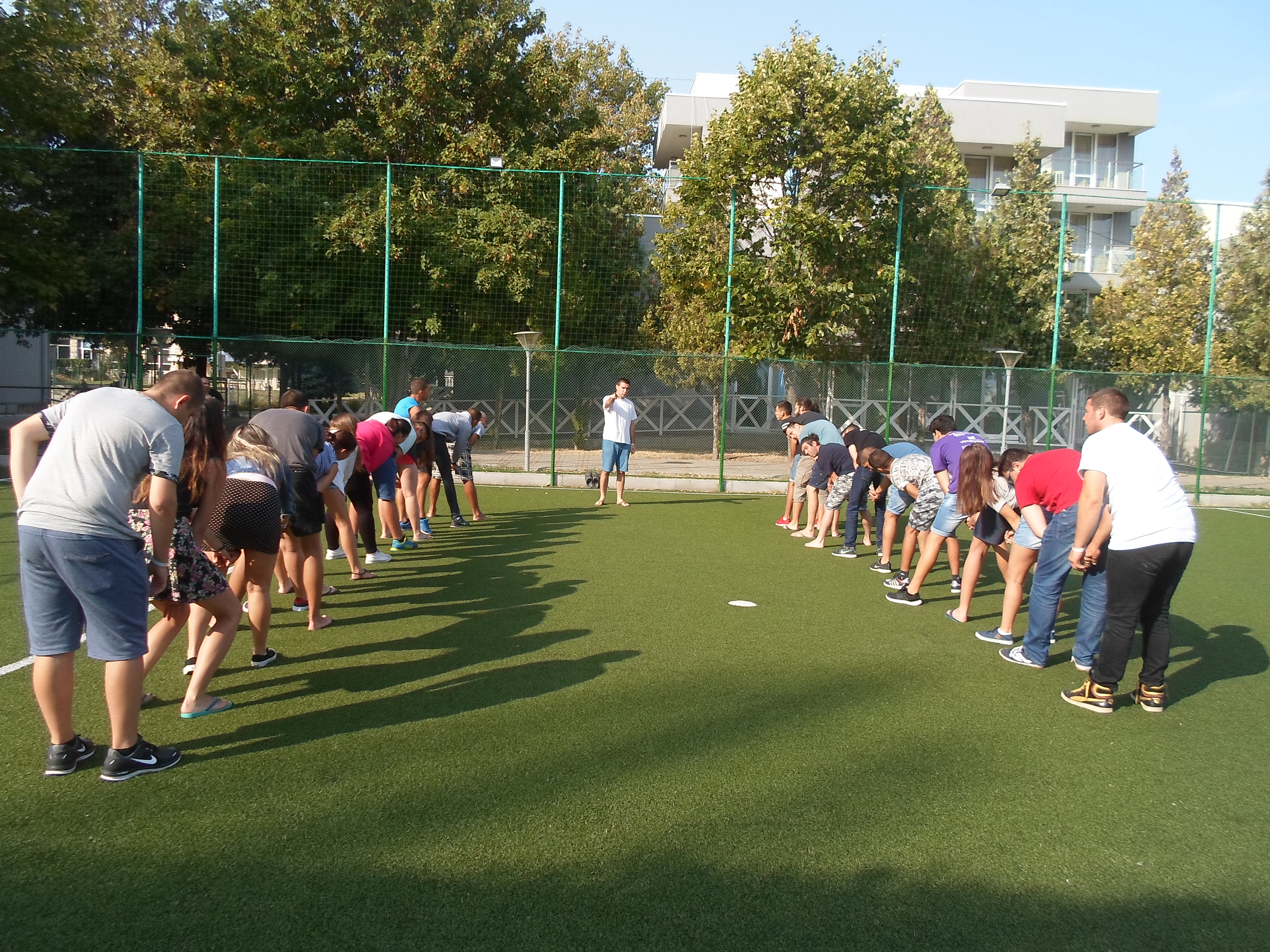 The main project activity was an one week collaboration event between the participants. They were accompanied by a coherently built team of trainers and experts, coming from YMDRAB and their partners in the project (Ardino Municipality, Botevgrad Municipality and The National Youth Forum of Bulgaria). Their collaborative work was entirely based on non-formal education, including: presentations, mixed working groups, role plays, group discussions, field visits and others.
The main project activity was an one week collaboration event between the participants. They were accompanied by a coherently built team of trainers and experts, coming from YMDRAB and their partners in the project (Ardino Municipality, Botevgrad Municipality and The National Youth Forum of Bulgaria). Their collaborative work was entirely based on non-formal education, including: presentations, mixed working groups, role plays, group discussions, field visits and others.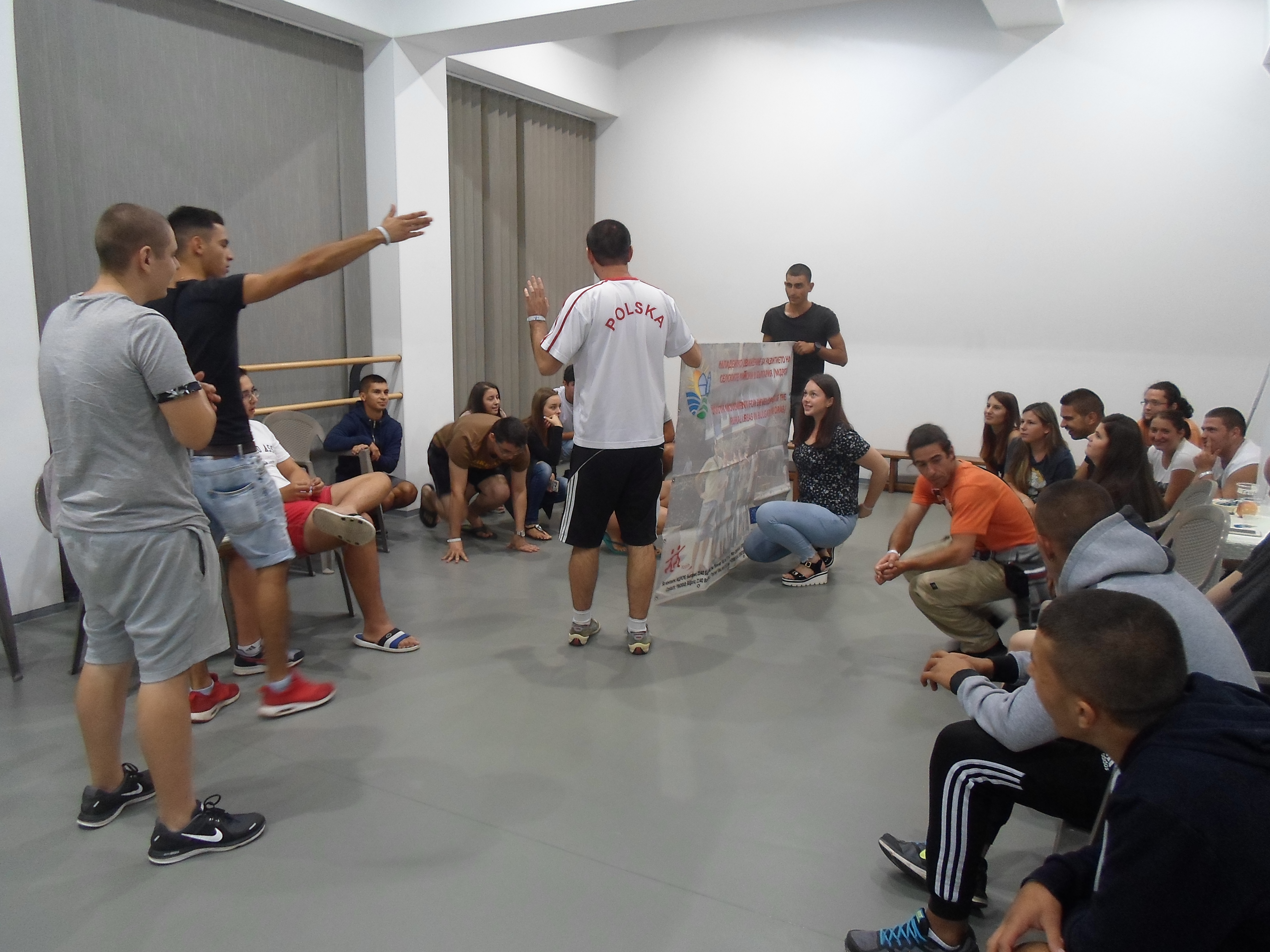 During the event the participants shared and analysed the realities of the Christian and Muslim youngsters in the Bulgarian rural areas and identified the challenges and opportunities to develop more cohesive multicultural and multi religious villages. They had the chance to break mutual stereotypes and prejudices and to develop awareness on concepts such as identity, culture, intercultural sensitivity and human rights (including gender equalities). The experts increased participants’ understanding of the local context (including institutions, authorities, relevant programmes, legislation, ect.), which can facilitate their access to social rights. And finally the participants were able to reflect and identify a set of actions for overcoming the mutual exclusion and for increasing the interaction between Christian and Muslim rural youngsters at local level.
During the event the participants shared and analysed the realities of the Christian and Muslim youngsters in the Bulgarian rural areas and identified the challenges and opportunities to develop more cohesive multicultural and multi religious villages. They had the chance to break mutual stereotypes and prejudices and to develop awareness on concepts such as identity, culture, intercultural sensitivity and human rights (including gender equalities). The experts increased participants’ understanding of the local context (including institutions, authorities, relevant programmes, legislation, ect.), which can facilitate their access to social rights. And finally the participants were able to reflect and identify a set of actions for overcoming the mutual exclusion and for increasing the interaction between Christian and Muslim rural youngsters at local level.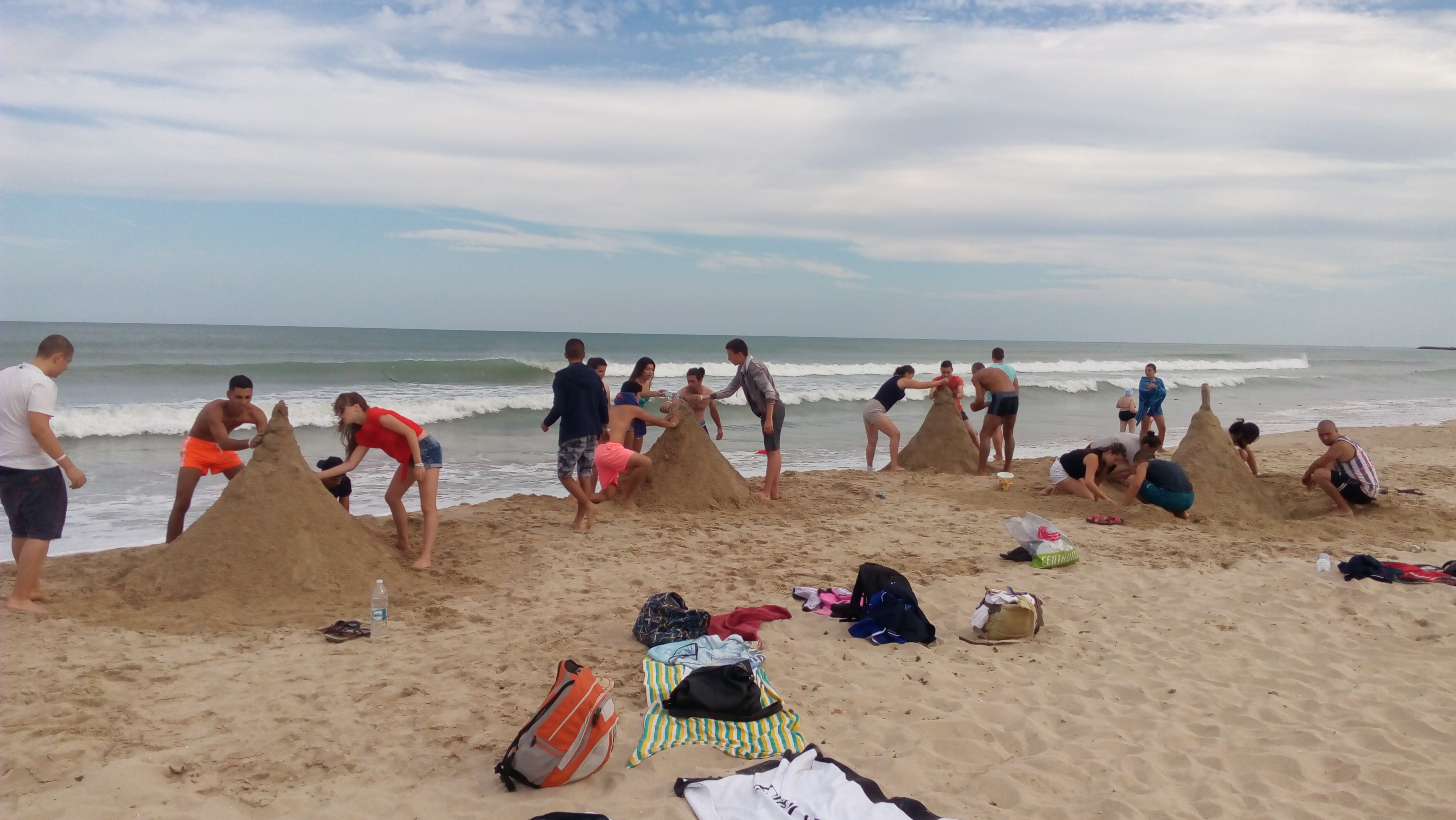 As a result of the collaborative work, at the end of the event a Position paper was developed outlining the results of the project. This document contains the common vision of participants how to encourage the social dialogue and interaction between Bulgarian Christian and Muslim rural youngsters. In parallel to that, two Action groups were established in the local communities of the participants, which will act as a moving force or implementation of effective follow-up activities.
As a result of the collaborative work, at the end of the event a Position paper was developed outlining the results of the project. This document contains the common vision of participants how to encourage the social dialogue and interaction between Bulgarian Christian and Muslim rural youngsters. In parallel to that, two Action groups were established in the local communities of the participants, which will act as a moving force or implementation of effective follow-up activities.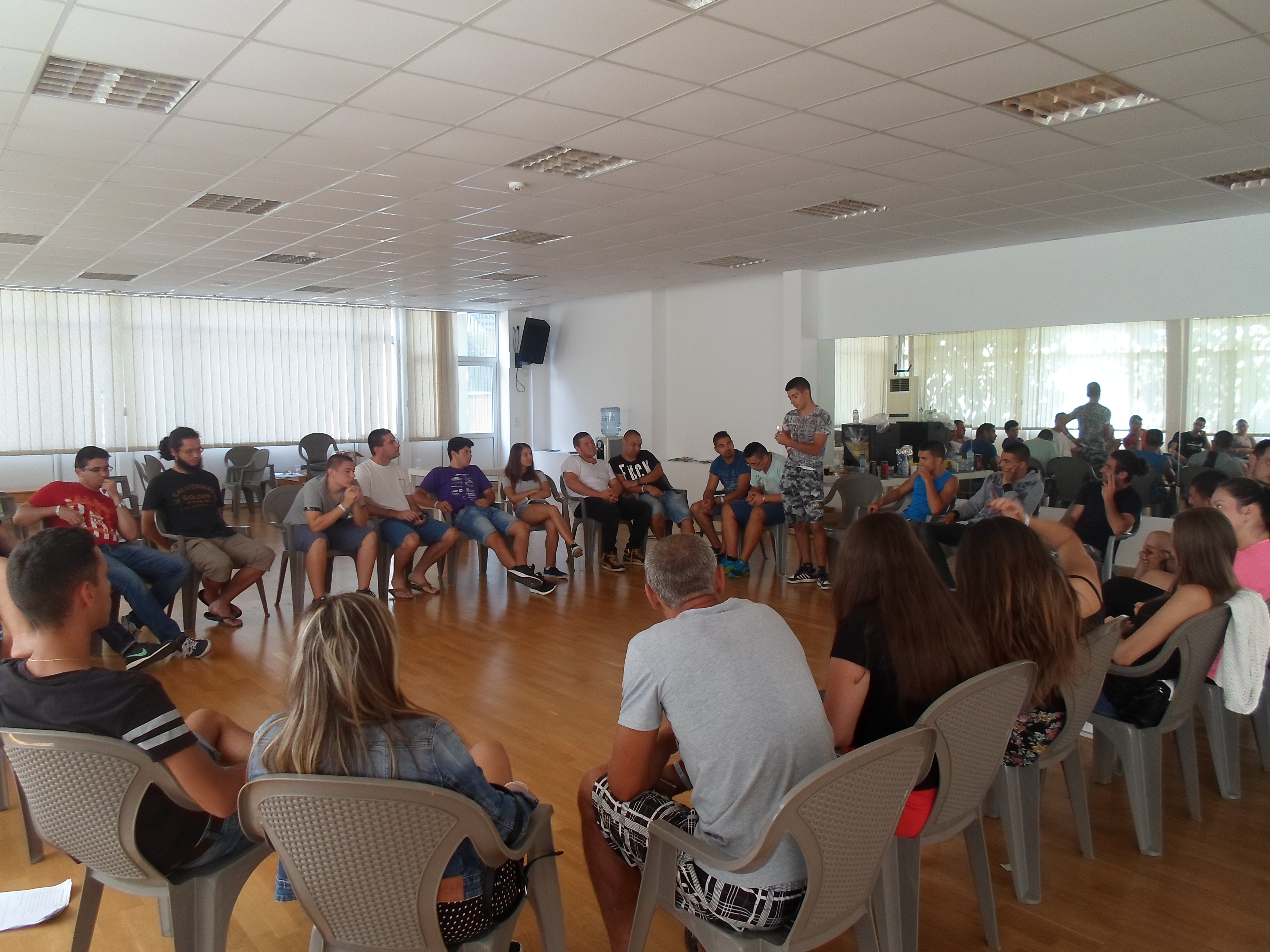 Besides the busy agenda, the participants found time for entertainment – there were various thematic evenings and funny activities on the beach. They also had a trip to Varna which is the European Youth Capital in 2017 and visited an outdoor open library created by local Christian and Muslim young volunteers. All of this inspired them for follow up actions and future cooperation.
Besides the busy agenda, the participants found time for entertainment – there were various thematic evenings and funny activities on the beach. They also had a trip to Varna which is the European Youth Capital in 2017 and visited an outdoor open library created by local Christian and Muslim young volunteers. All of this inspired them for follow up actions and future cooperation.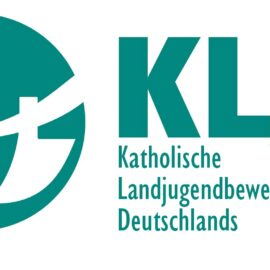
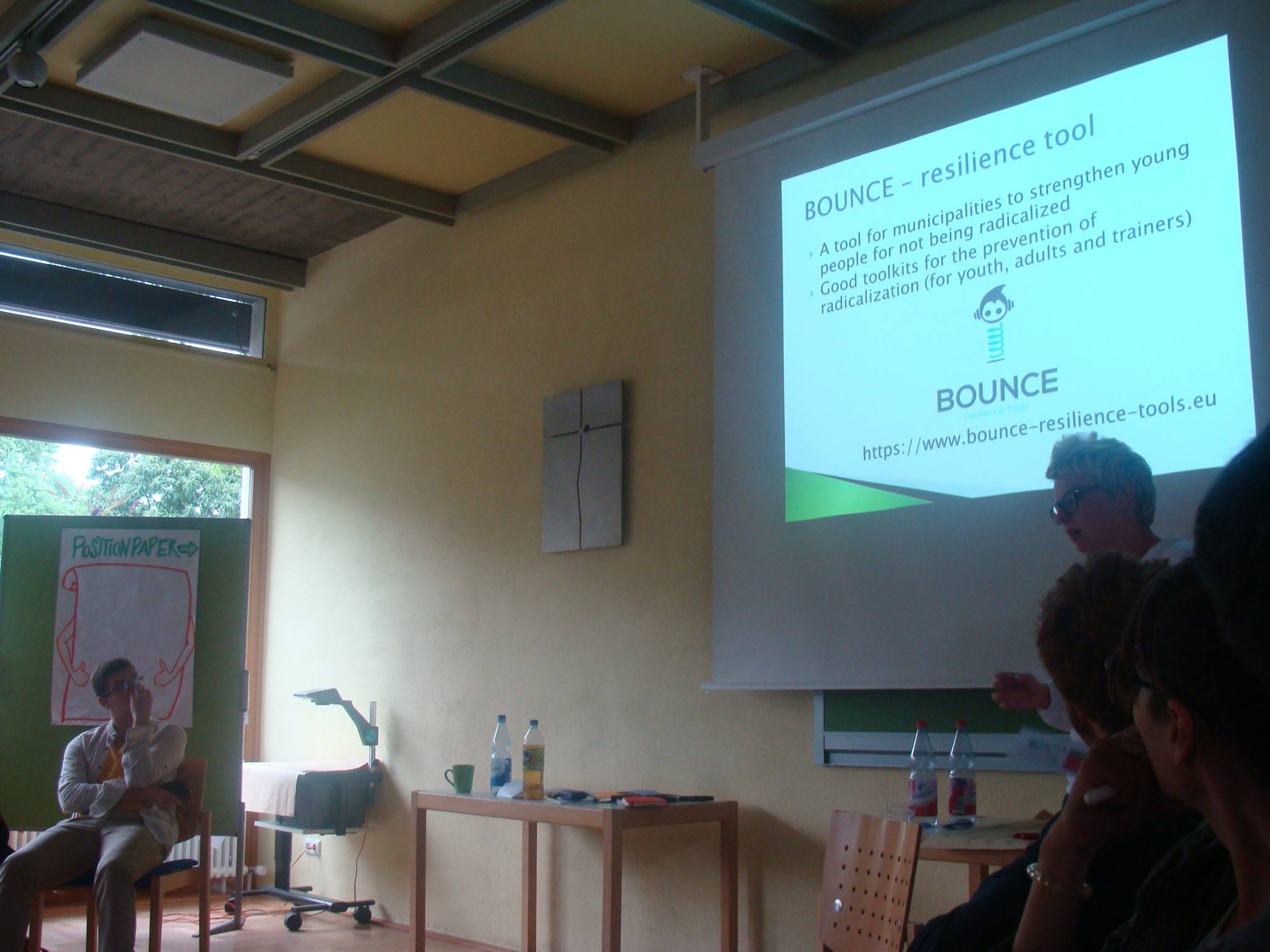 The
The 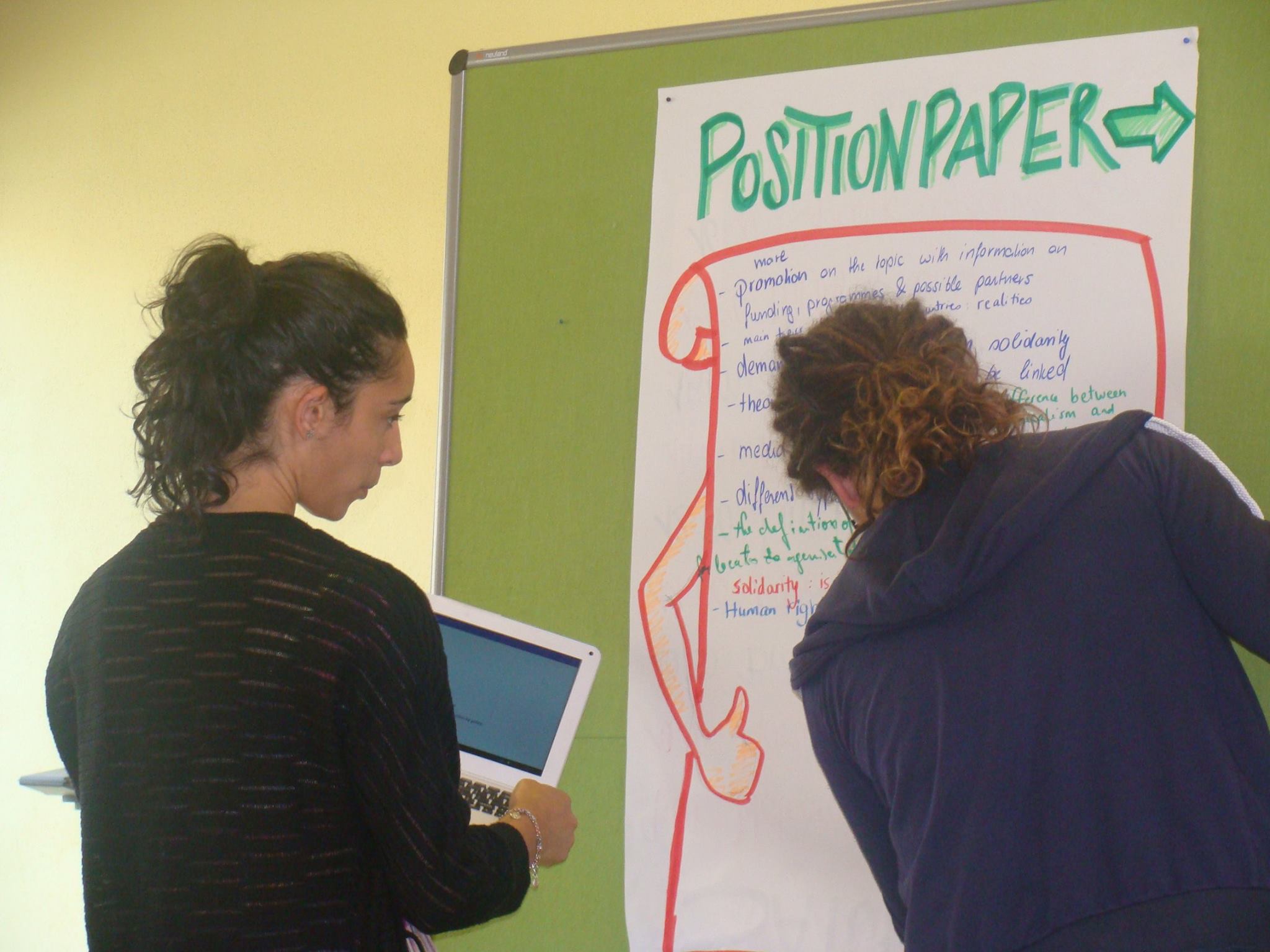

 The visit took place between
The visit took place between 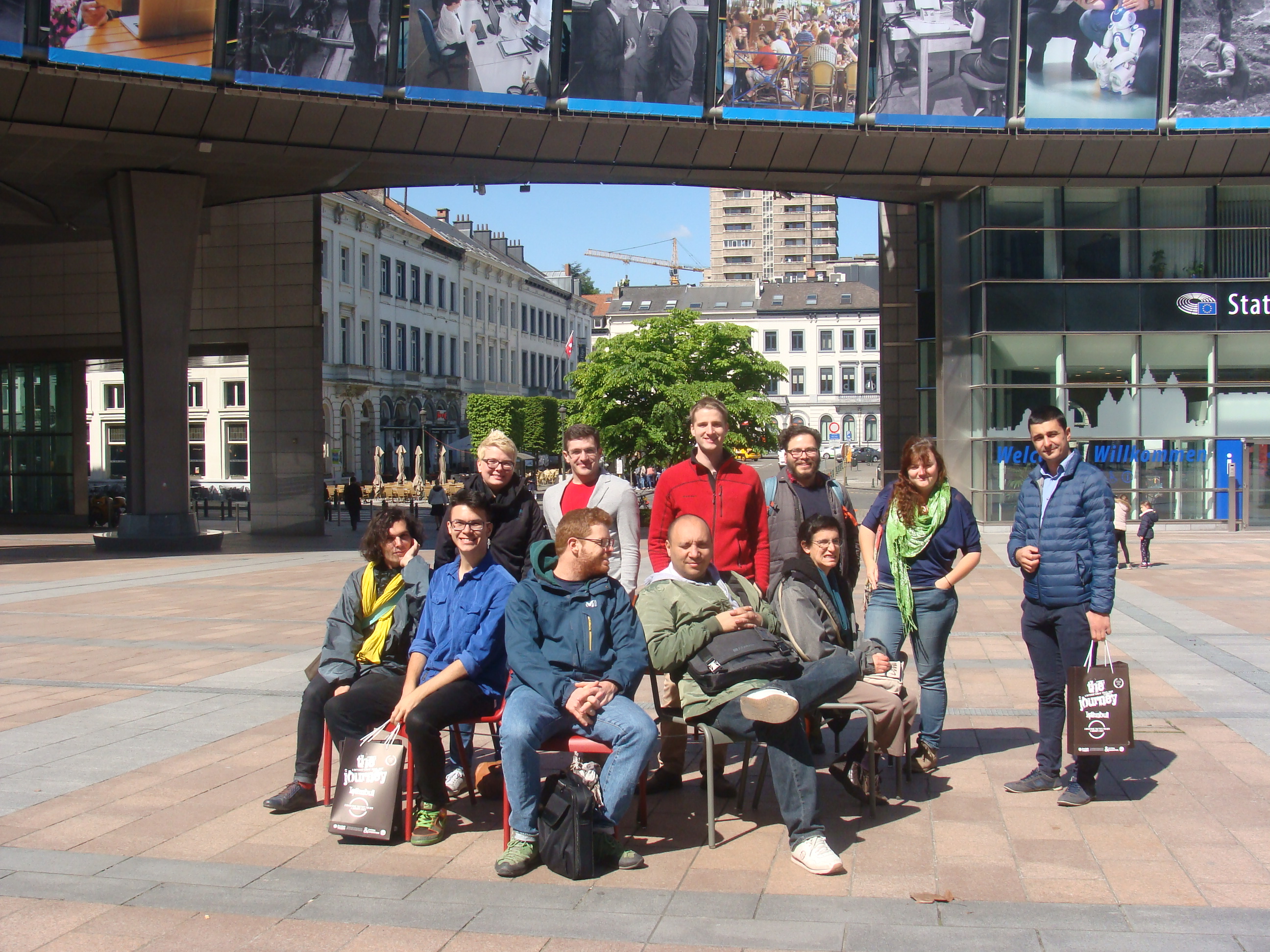 The
The 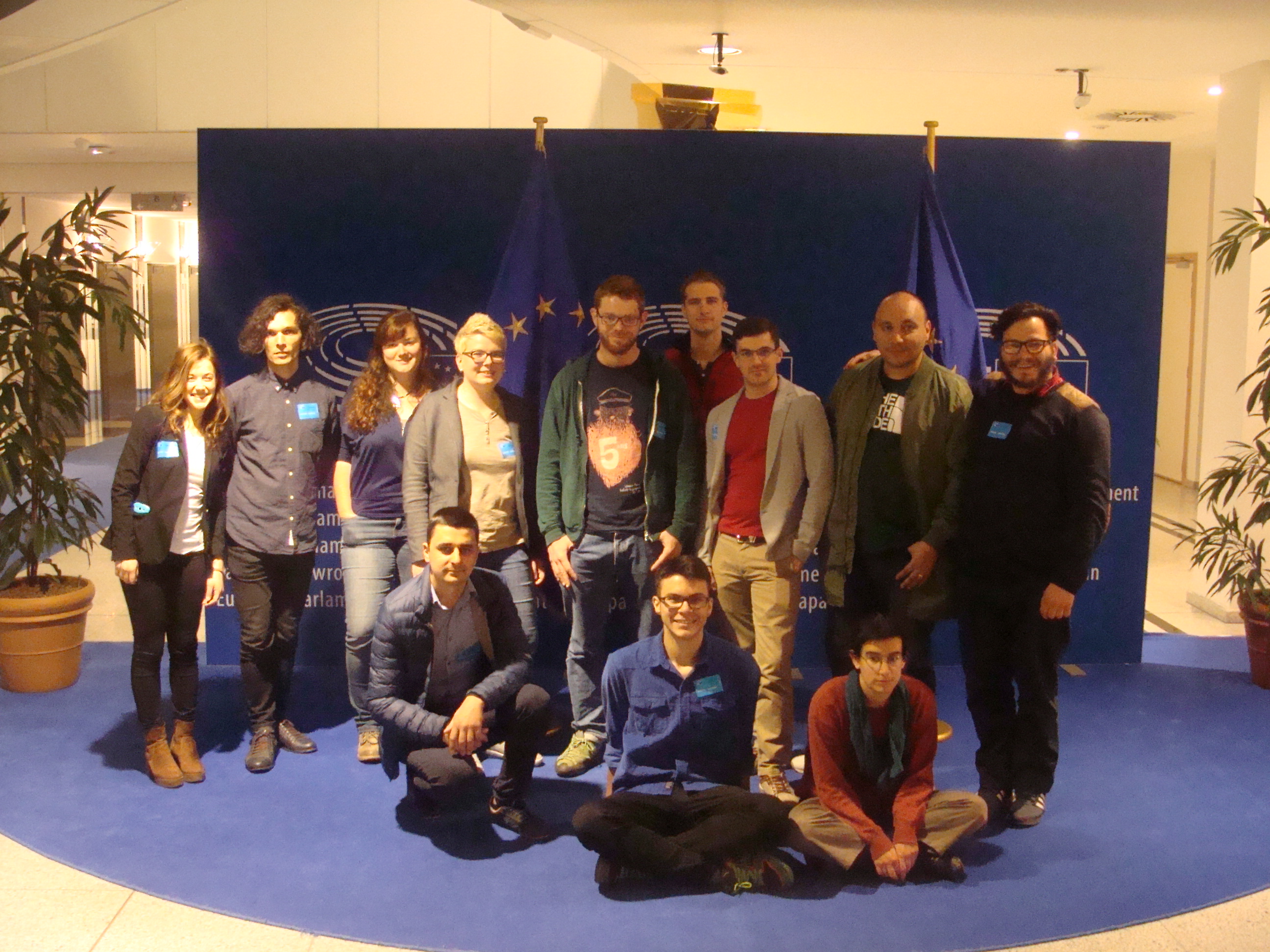 The last day
The last day In 2017 MIJARC Europe is running an annual Work Plan on the topics of radicalisation and extremism. The main aim of the work plan is to reach out to young women and men living in rural areas in Europe and support them in resisting and countering radicalisation and violent extremism.
In 2017 MIJARC Europe is running an annual Work Plan on the topics of radicalisation and extremism. The main aim of the work plan is to reach out to young women and men living in rural areas in Europe and support them in resisting and countering radicalisation and violent extremism.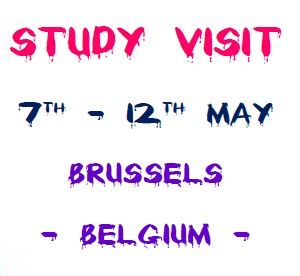 1.
1. 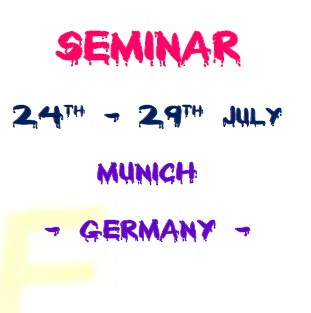 2. “Open Minds, Open Doors”
2. “Open Minds, Open Doors”